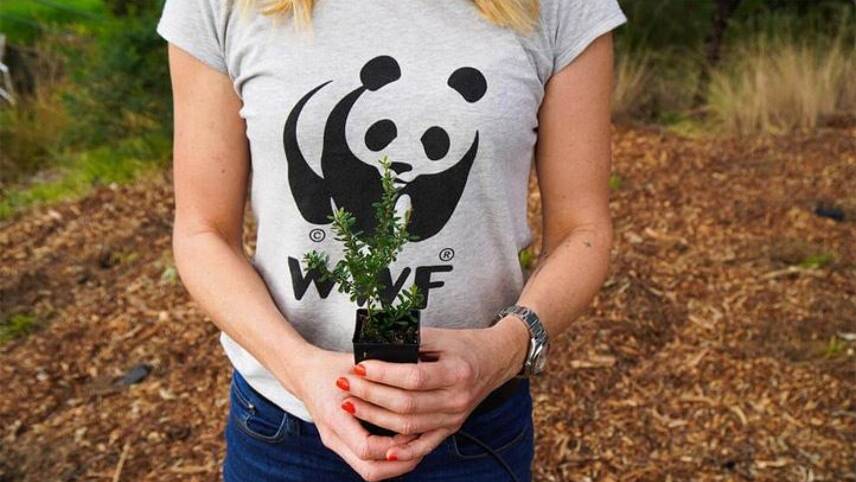Register for free and continue reading
Join our growing army of changemakers and get unlimited access to our premium content

Enough carbon will be captured to account for Velux's lifetime emissions across all Scopes. Image: WWF
It has partnered with WWF to achieve the ambition, with the NGO set to use Velux’s funding to scale up afforestation and reforestation initiatives. Projects in Uganda and Myanmar will be backed in the first instance.
In Uganda, WWF will plant trees in woodlots and plantations outside protected areas to reduce the pressure that the forest products sectors place on natural forests, while helping to restore degraded forests and planting new forests. In Myanmar, wildlife corridors will be created along Maw Duang with the support of local communities.
Enough carbon will be sequestered through the initiatives to account for Velux’s Scope 1 (direct), Scope 2 (power-related) and Scope 3 (indirect) emissions, under the commitment. As Velux does not have data dating back to its formation in 1941 for all of these sources, it is estimating its lifetime emissions using the Greenhouse Gas Protocol Corporate Standard and having its calculations verified by WWF and The Carbon Trust.
The window and blind manufacturer said in a statement that it had set a 2041 deadline to mark its 100th anniversary.
In order to ensure that the business does not rely solely on offsetting, Velux has committed to develop new climate targets and to have them approved by the Science-Based Targets Initiative (SBTi) within 24 months. Velux’s current sustainability strategy will see the business transition to 100% renewable electricity globally by 2030, which will considerably reduce its Scope 2 emissions. As for Scope 3 emissions, Velux Group’s chief executive has said the firm will develop plans to help all suppliers to “dramatically reduce” their emissions over the next 20 years.
“Embracing a commitment aligned with a 1.5C world while also protecting important forest landscapes and biodiversity – and the crucial services they provide to communities and the economy – is in line with a carbon-neutral and nature positive future that will serve as the foundation for achieving all the Sustainable Development Goals,” WWF International’s director general Marco Lambertini said.
“The Velux Group’s Lifetime Carbon Neutral vision and commitment is an important step for others to follow. Together, we hope to build a blueprint for other organisations to also become Lifetime Carbon Neutral and raise the bar for corporate climate and nature action globally.”
Beyond neutrality
While the movement towards corporate commitments to net-zero emissions has taken off rapidly in the past two years, only a handful of larger businesses have either achieved carbon negativity or pledged to do so.
One of the most recent announcements in this space came from Microsoft, which last month unveiled plans to capture one million metric tonnes of carbon from the environment by 1 October. The US-based tech giant is striving to reduce its emissions by more than 50% across its entire business and supply chain by 2030 while investing to remove more carbon than it emits annually.
Similarly, Interface has committed to becoming carbon-negative by 2040 after achieving its previous climate goals a year ahead of schedule, while AstraZeneca is striving for carbon negativity by 2030.
Sarah George


Please login or Register to leave a comment.